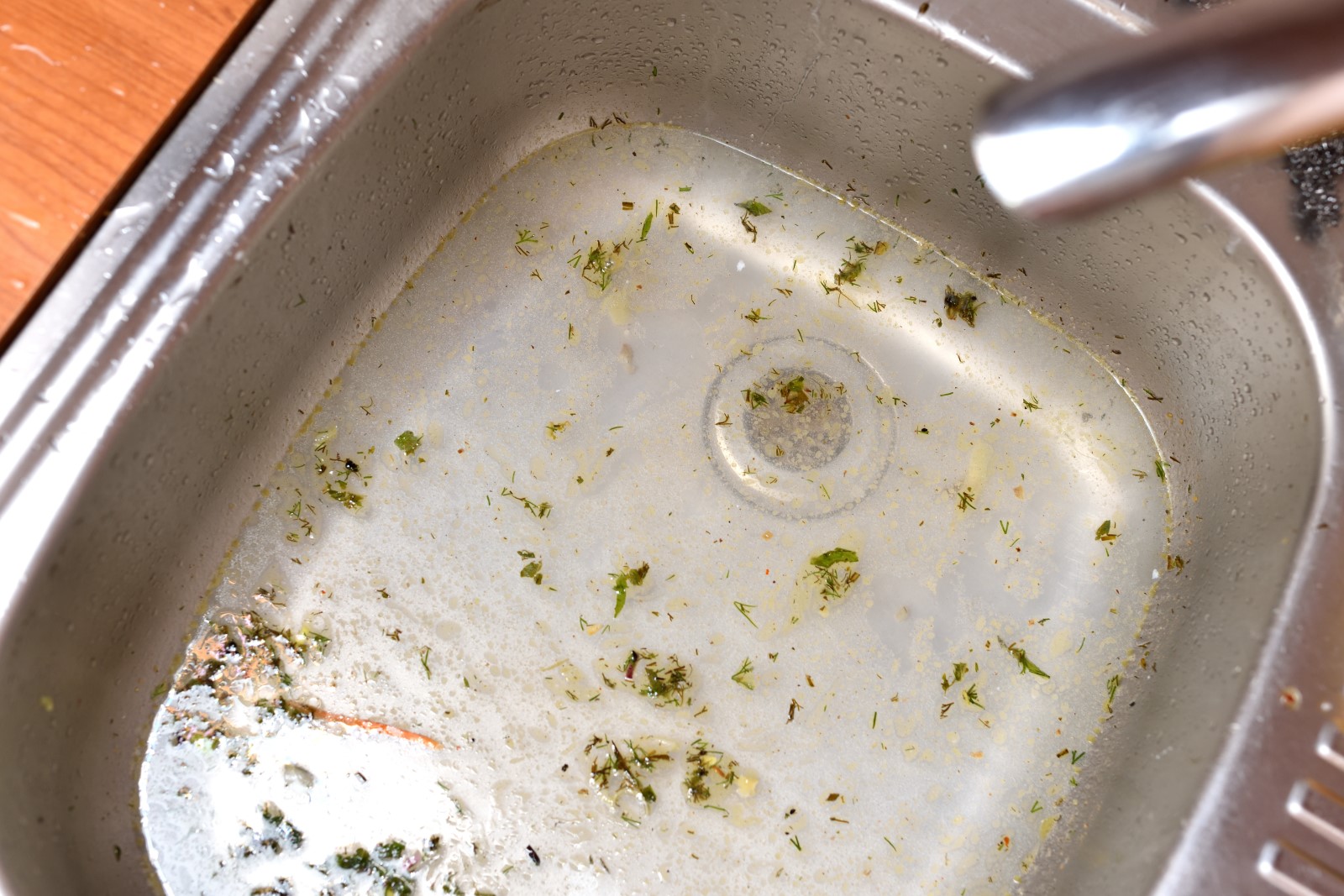What to Handle a Blocked Drain On Your Own Before Seeking Professional Help
What to Handle a Blocked Drain On Your Own Before Seeking Professional Help
Blog Article
Were you hunting for related information about How to handle a clogged drain in your home?

Intro
Taking care of an obstructed drainpipe can be an irritating experience, interrupting day-to-day activities and potentially triggering damage to your home. However, prior to connecting to pipes experts, there are steps you can take to resolve the issue yourself. In this guide, we'll explore do it yourself services and preventive measures to take on an obstructed drainpipe properly.
Recognizing the Concern
The first step in resolving a blocked drainpipe is recognizing the indicators. Sluggish drain, gurgling noises, foul odors emanating from drains, or water backing up prevail signs of an obstructed drainpipe. Recognizing these indications early can help avoid better difficulties.
Usual Reasons For Obstructed Drains
Recognizing the factors that contribute to drain obstructions is necessary for efficient resolution. Common offenders include hair, soap residue, oil, food debris, and international things like hygienic products or paper towels. Tree origins getting into below ground pipes can additionally create considerable blockages.
Do it yourself Solutions
For small clogs, numerous DIY services can be effective. Pouring boiling thin down the drainpipe can assist dissolve oil and debris. Sodium bicarbonate and vinegar or a combination of salt and baking soda can work as all-natural cleaners. Using a bettor or pipes serpent to remove obstructions is another option.
Tools and Equipment
Having the right devices handy can make DIY drain cleansing a lot more reliable. A plunger is a versatile device for getting rid of obstructions in sinks, toilets, and showers. A plumbing serpent or auger can get to much deeper obstructions, while drainpipe cleansing chemicals can be used meticulously for stubborn obstructions.
Safety nets
To prevent future clogs, taking on preventive measures is crucial. Mount drain guards or filters to capture hair and particles before they go into the pipelines. Routinely flush drains with hot water to liquify oil build-up, and avoid throwing away oil or solid waste away.
When to Call a Professional
While do it yourself options can fix small obstructions, certain signs suggest the need for specialist aid. Relentless obstructions, foul odors in spite of cleansing efforts, or multiple drains pipes backing up at the same time are red flags that require professional intervention.
Choosing the Right Plumbing Service
When selecting a plumbing service, take into consideration aspects such as experience, licensing, and consumer evaluations. Choose a credible plumbing technician with a performance history of quality workmanship and clear prices practices.
Cost Factors to consider
The cost of expert drain cleaning services can vary relying on the severity of the blockage and the plumber's rates. Request quotes from numerous service providers and inquire about any kind of additional charges to make sure transparency and prevent surprises.
Security Precautions
When trying do it yourself drainpipe cleaning, prioritize safety and security. Put on safety gloves and eyewear to stay clear of contact with hazardous chemicals or bacteria. Never ever mix different drainpipe cleaning items, as this can create hazardous fumes.
Instance Studies
Real-life examples highlight the efficiency of do it yourself options and the importance of prompt professional treatment in dealing with drain obstructions.
Conclusion
By complying with the pointers described in this overview, you can successfully deal with blocked drains pipes and protect against future plumbing issues. Whether choosing do it yourself remedies or looking for specialist support, punctual activity is vital to preserving a healthy and balanced pipes system and preserving the integrity of your home.
HOW DO PLUMBERS AND DRAINAGE EXPERTS CLEAR BLOCKED DRAINS?
Most of us have dealt with a backed up drain at some point in our lives! Whether it’s in our home or at our business, when the toilet begins to overflow or the sink doesn’t drain properly, we ultimately seek help from professionals to clear wastewater lines and get things flowing again.
Sure, you can attempt every possible drain hack in the hopes that your line clears but, often, it’ll require more than just pouring something down the drain. Keep in mind too, that pouring acid-based liquid cleaners down your drain can result in even more problems. If unable to clear – and pass through – the clog, it’ll sit in the line and begin to eat away at the pipe. Calling a plumber or professional to clear your drain might be your last resort but it’s the proven result. So, what do they do, and what type of equipment do they use, to get rid of a blocked drain line?
How Do Plumbers And Drainage Experts Clear Blocked Drains?
To better understand exactly where the problem is located, experts will typically start with an assessment and a video sewer inspection. Using non-invasive equipment that enters and exits through the pipe, these cameras offer a look inside the pipe and can spot anything from buildup, to forming clogs, to tree roots to small holes that could be a future problem – in real-time. It can see up to 150 feet of even the hard-to-reach places of the line, so there’s nowhere to hide.
https://www.zoomdrain.com/blog/2023/january/how-do-plumbers-and-drainage-experts-clear-block/

I ran across that piece on What I learned from trying to deal with a clogged drain while doing a lookup on the internet. Make sure you take the time to share this write-up if you enjoyed it. I praise you for your time. Come back soon.
Pricing Report this page